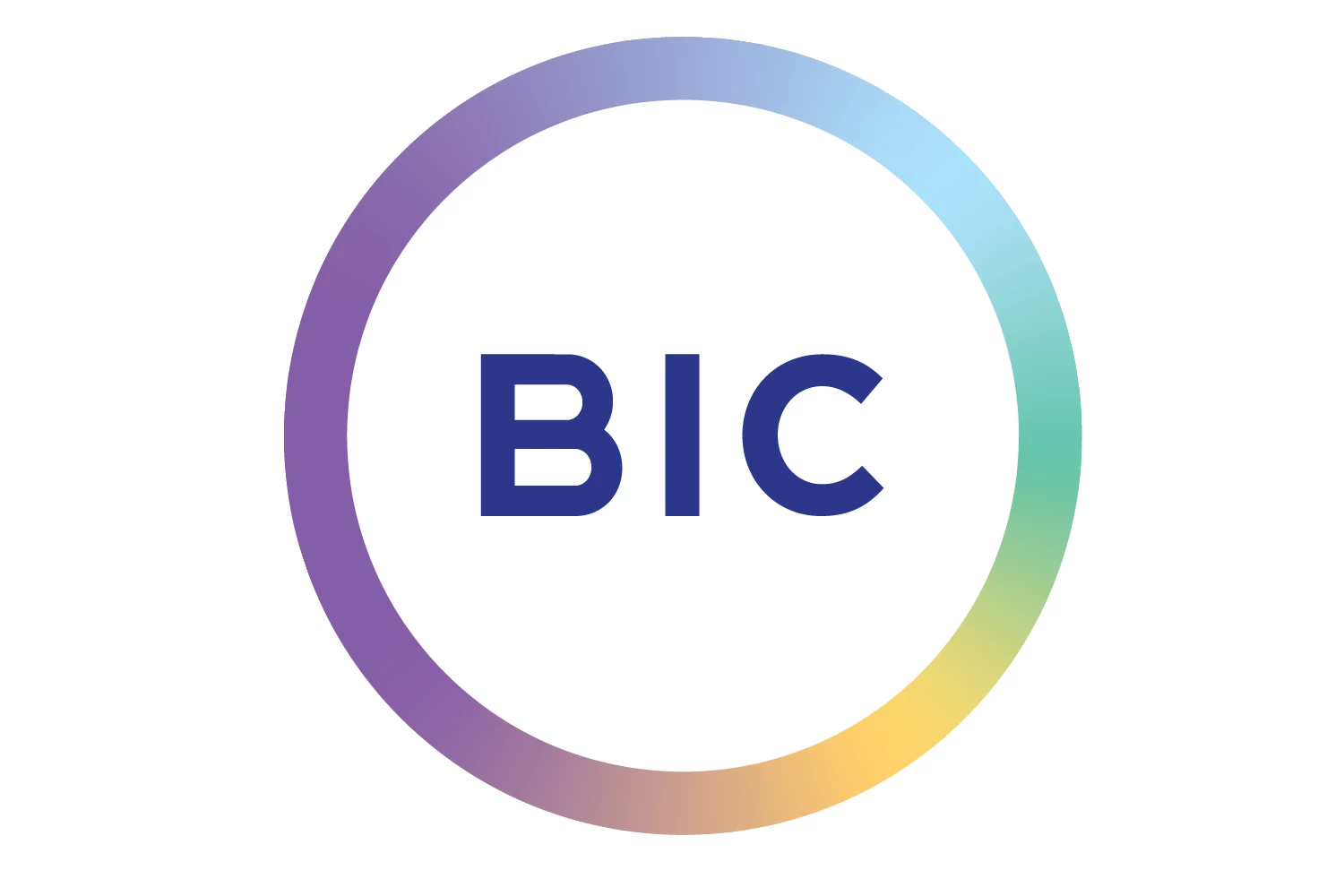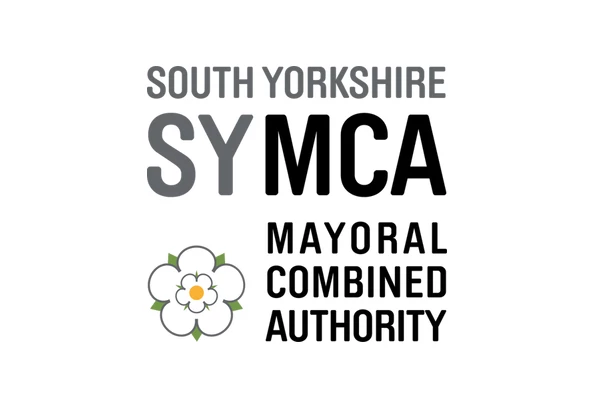
Member Article
The flexibility factor: The changing landscape of employee perspectives
The average person spends around 90,000 hours of their life working, making the way we work a crucial part of our overall well-being. With rapid technological advancements and shifting cultural norms, the workplace has evolved dramatically, especially as younger generations enter the workforce.
The COVID-19 pandemic accelerated these changes, forcing businesses to adopt remote working, with flexibility and working from home becoming key attractions for prospective employees.
In this evolving landscape, specialist recruitment firm Jackson Hogg published its Employee Perspectives whitepaper, exploring what truly matters to employees in today’s workplace. The survey gathered input from professionals across 12 different sectors, with more than 61 per cent of respondents having over a decade of experience.
The whitepaper's findings underscore the need for businesses to address the changing priorities of the workforce, ensuring a balanced approach where both employees and companies can thrive.
Here, we discuss Jackson Hogg’s findings and what they mean for the ever-changing workplace.
Work/life balance
The survey found that 56.7 per cent of respondents rated their work/life balance an eight or higher – up from pre-2020 levels – with 79 per cent of workers believing a flexible schedule improves their work/life balance.
For businesses to address employees’ needs regarding their work/life balance, the survey said: “Organisations should promote initiatives such as flexible work hours, communication options with employees and wellness programmes – all proven strategies for improving work/life balance.”
Values, purpose, and reputation
Values are critical for attracting top talent, with 70 per cent of respondents rating an employer's values as very important when considering a job opportunity.
As individuals strive towards a greener planet, the survey revealed that candidates in 2024 place a high value on a commitment to sustainability, alongside company reputation, alignment with organisational values and sense of purpose.
Where we work
The work environment plays a crucial role in employee satisfaction. While many respondents were satisfied, career development emerged as a key area for improvement, with only 56.7 per cent feeling supported in career development opportunities.
This suggests although it is a plus, a positive culture is not enough to satisfy employees anymore, particularly those in the early stages of their careers. An employee needs to know there is progression in their role.
Benefits and engagement
Employees desire more meaningful benefits beyond the basics, with flexible work arrangements and childcare programmes topping the list of most-wanted perks. Standard offerings like health insurance and paid time off no longer suffice.
And with the increasing importance of a healthy work/life balance, this works hand-in-hand with understanding benefits that are genuinely valued by employees.
When asked how satisfied employees are with the benefits and perks offered by their organisation, the survey found respondents returned a mixed message.
It said: “The most common benefits packages included health insurance, retirement plans, paid time off and wellness programmes, while the most desired benefits were flexible work arrangements and childcare programmes.”
Looking forward
From the survey, Jackson Hogg found 48.6 per cent of respondents stated opportunities for progression as the most important factor when considering a change in employment, surpassing even the desire for a higher salary.
The survey also found that 75 per cent of respondents used LinkedIn to find a new job, with 50 per cent using Indeed. If businesses aren’t investing time into progression plans, it could steer top talent elsewhere.
Respect
Respect from management is vital, with a quarter of respondents citing issues with management as a reason for seeking new opportunities. Equipping managers with the necessary skills to lead effectively can boost workplace morale and mental health.
In the whitepaper, Victoria Kneafsey, Jackson Hogg’s HR manager, discusses a recent CIPD survey, which revealed employees who rate their line managers’ people management skills poorly are more likely to experience negative mental health in their lives.
Victoria says: “To be an excellent manager, there is a delicate balance of empathy, communication and leadership skills required.”
But the responsibility doesn’t just lie with the manager.
Victoria adds: “An organisation also needs to equip line managers with the practical skills required to manage their team.
“There is little point in having an easily accessible suite of sexy, modern policies, if line managers do not feel confident in their practical application in the workplace.”
Respect in the workplace should be a given but, more often than not, that line can be crossed.
Nearly a quarter of survey participants stated ‘issues with management’ as a reason for looking for employment elsewhere. In addition, only 36 per cent of respondents were satisfied with the respect shown to them by their manager.
Find more resources from Jackson Hogg here.
This was posted in Bdaily's Members' News section by Bdaily Publishing .
Enjoy the read? Get Bdaily delivered.
Sign up to receive our popular North East morning email for free.



 Savour the flavour: North Tyneside Restaurant Week returns for 2024
Savour the flavour: North Tyneside Restaurant Week returns for 2024
 Six steps to finding the right buyer for your business
Six steps to finding the right buyer for your business
 Stephen signs off on a special night
Stephen signs off on a special night
 Life’s a Peachaus: Gillian Ridley Whittle
Life’s a Peachaus: Gillian Ridley Whittle
 Making a splash: Phil Groom
Making a splash: Phil Groom









